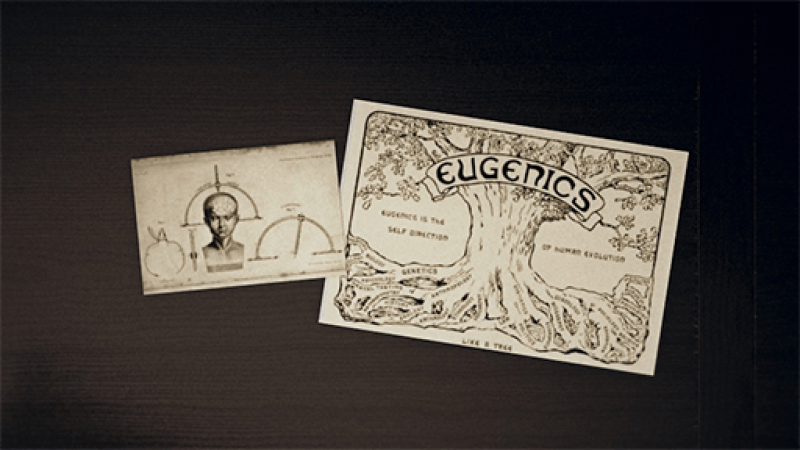Today, new strains of eugenic ideas and practices are appearing in surprisingly divergent ideological, policy, and technological arenas. On the right, some wield eugenics as an accusation against liberals; others promote worldviews directly imported from the eugenic playbook. In the first category, abortion opponents and politicians claim that, in the words of Supreme Court Justice Clarence Thomas, abortion is akin to “eugenic manipulation.” In the second, white supremacists are promoting the “Great Replacement Theory,” which postulates a deliberate project by liberal elites (often under Jewish guidance) to replace white populations with more Democratic-leaning and higher birth rate non-white populations.
Eugenic ideas are also re-emerging elsewhere. Influencers among the Silicon Valley techno-libertarian elite are embracing pronatalism and new reproductive technologies with which they anticipate being able to engineer their own children to be genetically superior. Some scientists are critical of the repro-genetic technologies that underlie these efforts, but others are enthusiastically supporting the development and marketing of reproductive gene editing, “polygenic risk scores” to rank IVF embryos on traits including “educational attainment,” and related techniques that raise concerns about a new eugenics.
Why does all this matter? Eugenic assumptions that some groups of people are biologically superior to others and eugenic temptations to “improve” the human condition through reproductive interventions stand to undermine the possibility of achieving social justice through social changes.































